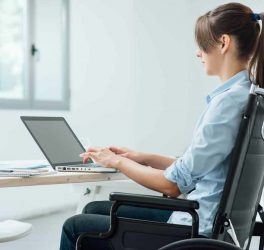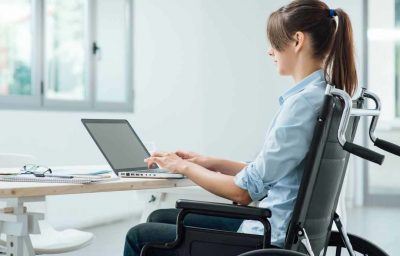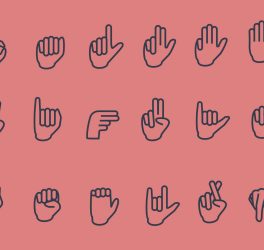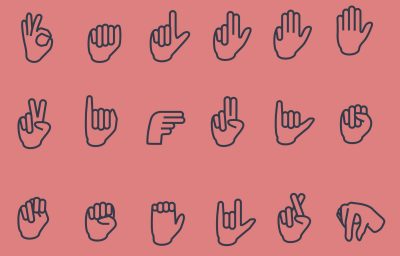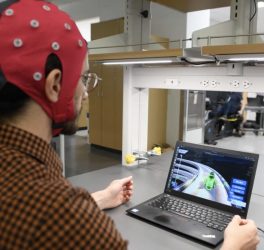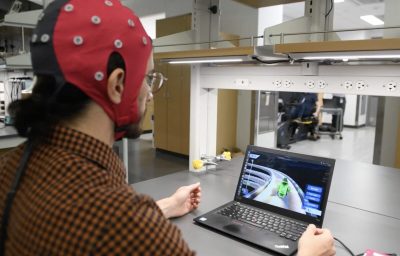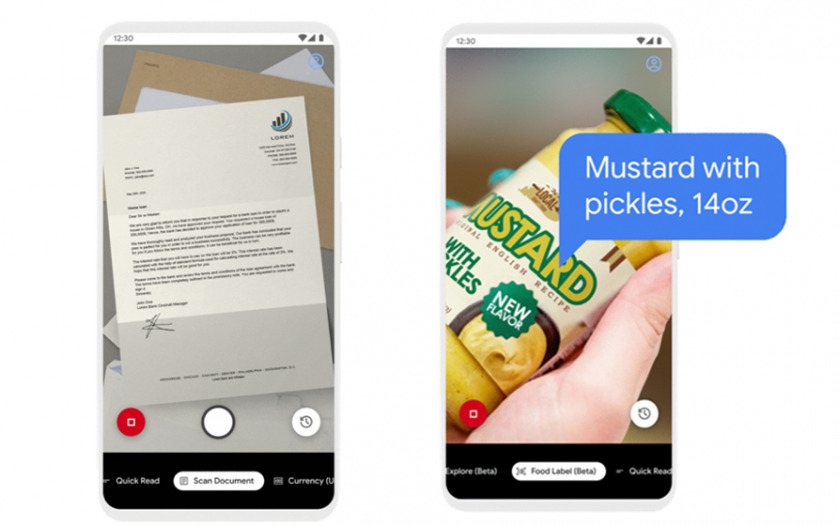
Google on Tuesday has updated its Lookout app, which helps people who are blind or have low vision identify their surroundings, is getting some new features and AI toolkit for people with vision disabilities.
Google added two helpful new capabilities: scanning long documents and reading out food labels, and rolled out a more accessible design for the app.
Released in March 2019, Lookout was previously available only on Pixel. The app will also now run on any Android device with at least 2G of RAM running Android 6.0 or later.
Lookout now has two new modes: Food Label and Scan Document. With Food Label, user can quickly identify packaged foods by pointing phone’s camera at the label. Lookout will guide you to position the food product so that it can be properly identified through its packaging or barcode.
Based on feedback from the blind community, Google is introducing an accessible design that is even more compatible with TalkBack, our Android screen reader, according to Scott Adams, a product manager on Google’s accessibility engineering team. This includes making more space for the camera view, which makes it easier to frame the object you want more information about.
“Expanding this app to more people and devices is part of our commitment to make the world’s information universally accessible and to build helpful products with and for people with disabilities,” Adams said in a blog post.

